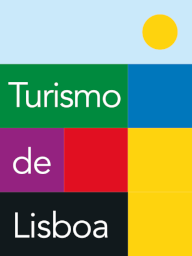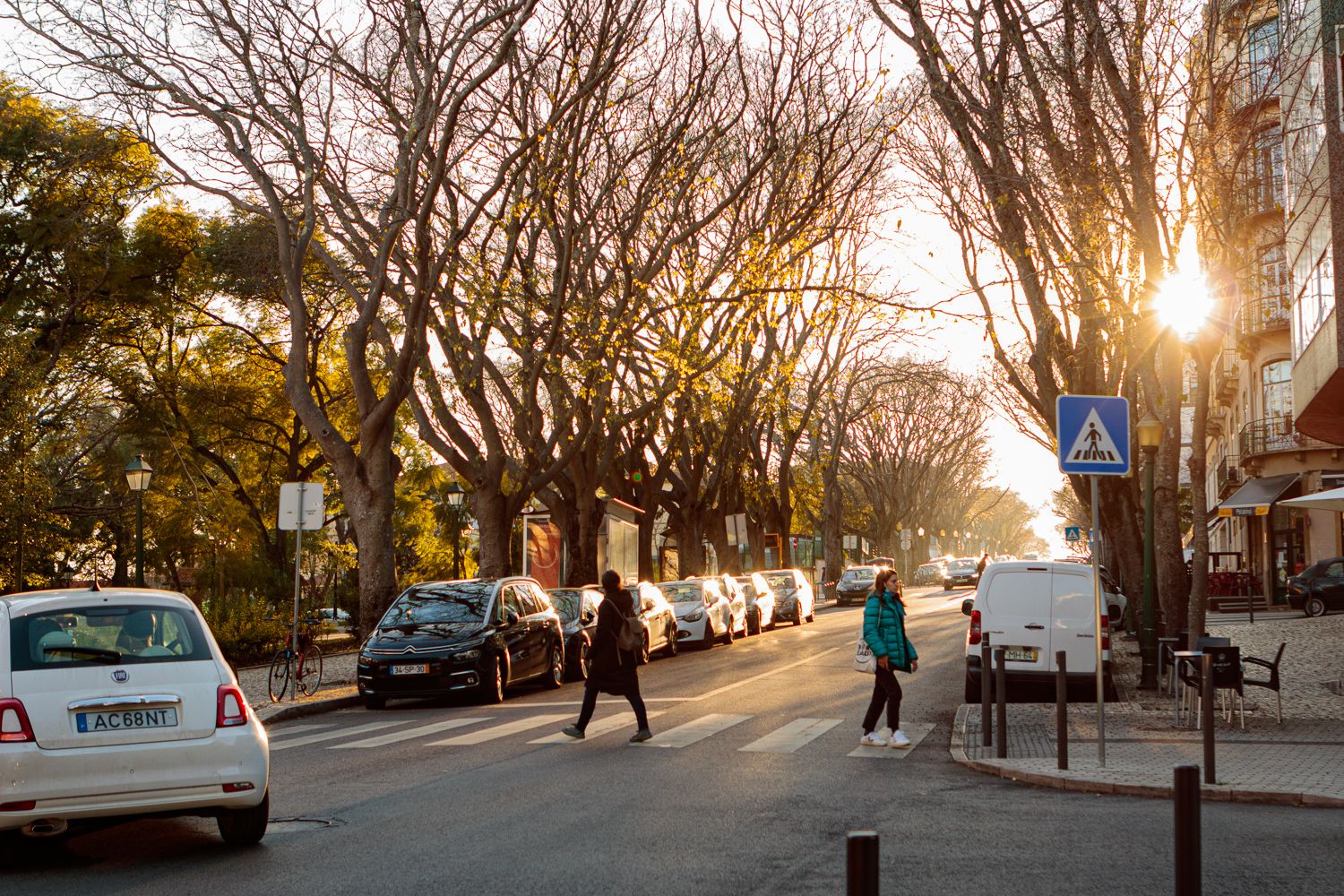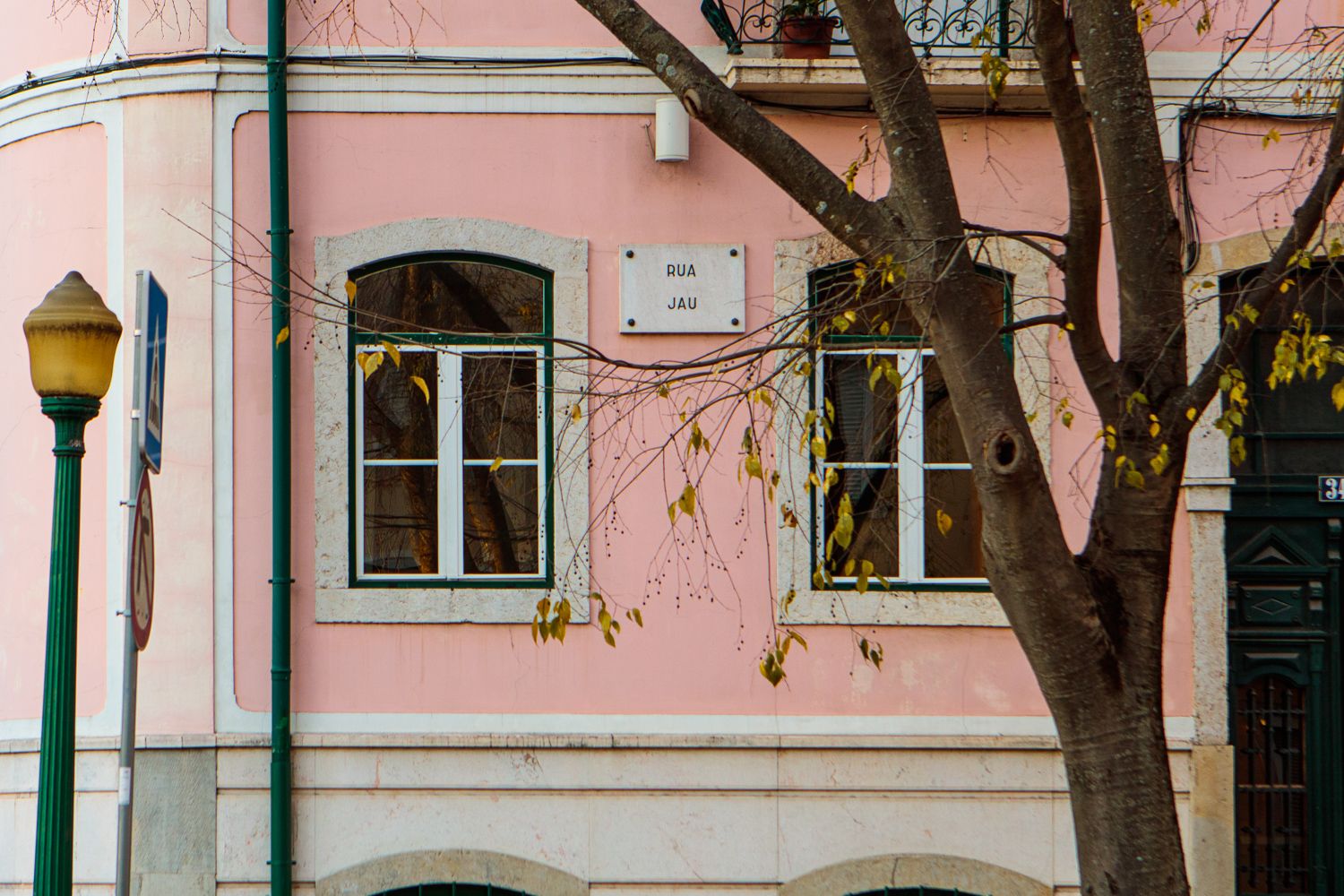Jau street, a tribute to the enslaved people of Lisbon
There is a curious street in Alcântara about a strange man: Jau. Jau street is close to Lusíadas street and Luís de Camões street, almost as if the three streets formed a triad between poet, work and slave.
Rua Jau pays a tribute to the enslaved man who is thought to have helped Luís de Camões - the most important portuguese poet, born in the 16th century.
Little is known about Jau: was be bought by Camões on the island of Mozambique, in the return trip from India at the service of the Portuguese Crown? Has he come from Indonesia, from the island of Java (at the time, there would be some confusion between the "v" and the "u") - and that's why he was given the name "Jau"?
There is a Camões document which calls Jau "António", the Christian name that was given to him. The rest maybe has been romanticized. And one believes this has happened since 1880, when by the third centenary of the death of Camões the Portuguese Republican Party used patriotism as a political weapon. Furthermore, in 1888, slavery was abolished in Brazil and a great interest in the "anonymous slave" began to emerge. In this case, Jau.
There are many pictures about Jau and Camões in this period: by the painter Domingos Sequeira, the playwright Almeida Garrett, the French painter Simon Guérin. All of them focused on the mystery of Jau and his friendship with Camões.
Are the representations that have emerged trustworthy? Perhaps they are only the refection of the romantic times in which they were invented. Maybe the relationship between Camões and Jau was merely a pragmatic one, as the only document that exists about him suggests.
But Jau resists in time, in the name of a forgotten street. In the neighbourhood of Santo Amaro, in Alcântara. A tribute to the slaves of Lisbon.
By Ana da Cunha



